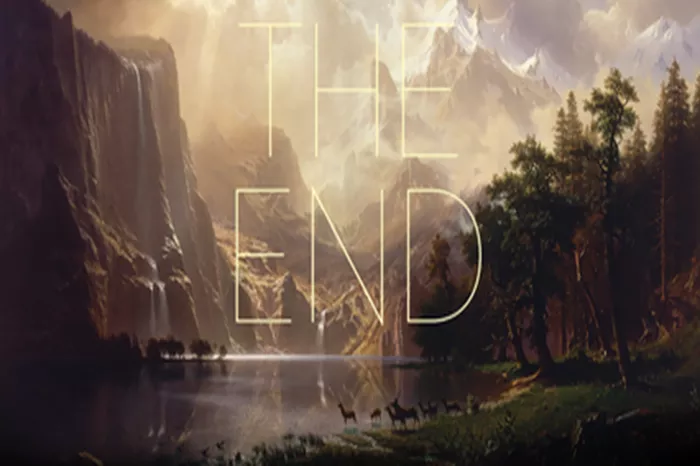Filmmaker Joshua Oppenheimer expresses optimism about his new post-apocalyptic musical, The End, featuring Tilda Swinton, Michael Shannon, and George MacKay. In an interview with The Hollywood Reporter at the San Sebastian Film Festival, where the film is being showcased, Oppenheimer discusses how a visit to an oligarch’s bunker inspired him to create a narrative that addresses critical social issues.
The End portrays a wealthy family confined in a luxurious bunker 25 years after an environmental catastrophe has rendered the Earth uninhabitable. As they navigate their isolated existence, the family—Mother (Swinton), Father (Shannon), and Son (MacKay)—struggles to maintain hope and normalcy, often escaping into musical numbers that reflect their denial and guilt. Oppenheimer reflects on this dynamic, questioning how individuals cope with the existential void created by their choices.
The film premiered at the 51st Telluride Film Festival in August and is set for release by Neon in the U.S. on December 6.
In his conversation with THR, Oppenheimer elaborated on the challenges of merging a dystopian narrative with the optimism of 1950s Broadway musicals. He emphasizes the importance of confronting personal and societal regrets amid the ongoing environmental crisis, suggesting that such reflection can influence voter choices in the upcoming U.S. elections. “Donald Trump may evade justice, like the father in The End, but none of us can escape the consequences of neglecting our fellow humans,” he stated.
Transitioning from documentary filmmaking to narrative cinema, Oppenheimer expressed excitement about the creative shift. He explained that his background includes making narrative and experimental short films, and that he views filmmaking as an exploration of significant questions. His initial intention was to create a documentary about an oligarch in the oil industry, but the experience in the bunker revealed deeper themes of guilt and isolation that could be better explored through fiction.
Oppenheimer highlighted the film’s central question: how individuals construct comforting narratives to escape uncomfortable truths. He asserts that while the family in The End faces a bleak future, there is still hope for the audience to change course before it’s too late.
As the film’s characters grapple with their privilege and the consequences of their actions, Oppenheimer notes that these themes resonate with contemporary societal issues. He remarked, “The film serves as a dark mirror, urging viewers to acknowledge their mistakes before it’s too late.”
The director also discussed the process of writing the musical’s lyrics, which he initially found daunting. Collaborating with composer Josh Schmidt, Oppenheimer described the creative experience as magical and transformative, likening it to being an apprentice in a sorcerer’s school.
Oppenheimer praised his cast for their commitment and depth of performance. He emphasized how their unique approaches contributed to the film’s emotional landscape, creating a rich tapestry of human experience. Each actor brought distinct nuances to their roles, enhancing the film’s exploration of guilt and redemption.
Reflecting on his time at the San Sebastian Film Festival, Oppenheimer expressed admiration for the city and its historical context. He noted the relevance of Spain’s past with fascism to the themes of power and impunity in his work, drawing parallels to contemporary issues that remain urgent today.
In conclusion, Oppenheimer’s The End is not only a cinematic exploration of a dystopian future but also a call to action for audiences to confront their own narratives and the impact of their choices on society and the environment.
Related topic:
How Many Issues in The Walking Dead?
Production Begins on Psychological Thriller “The Room Below”

